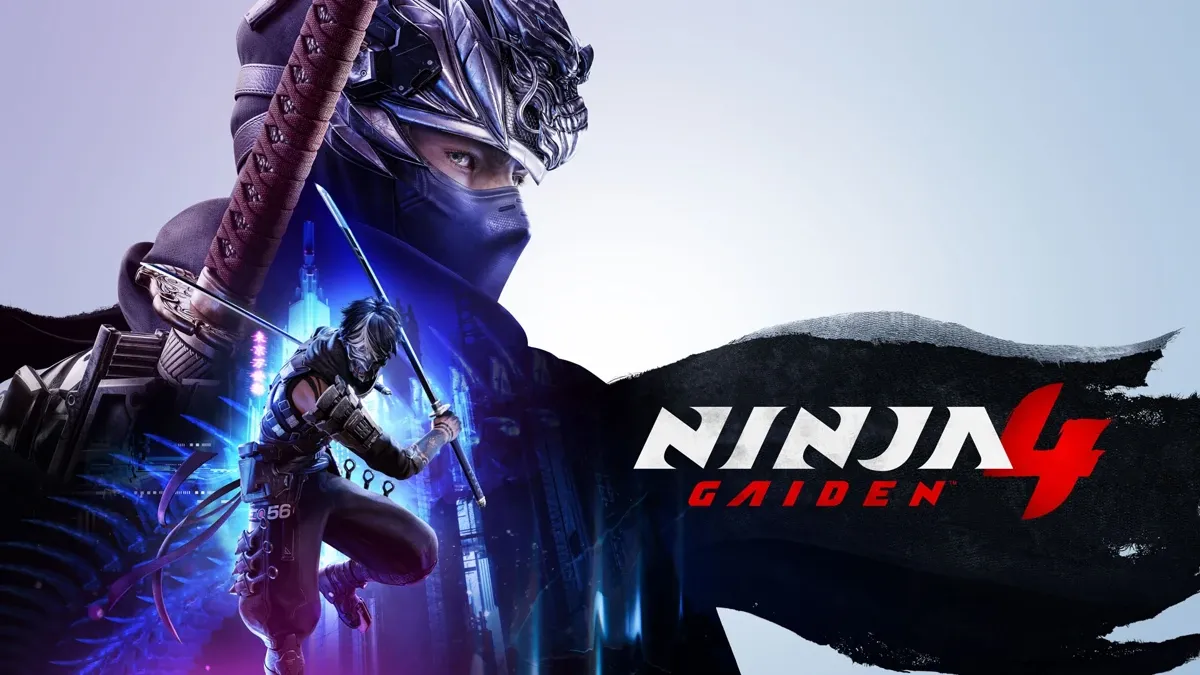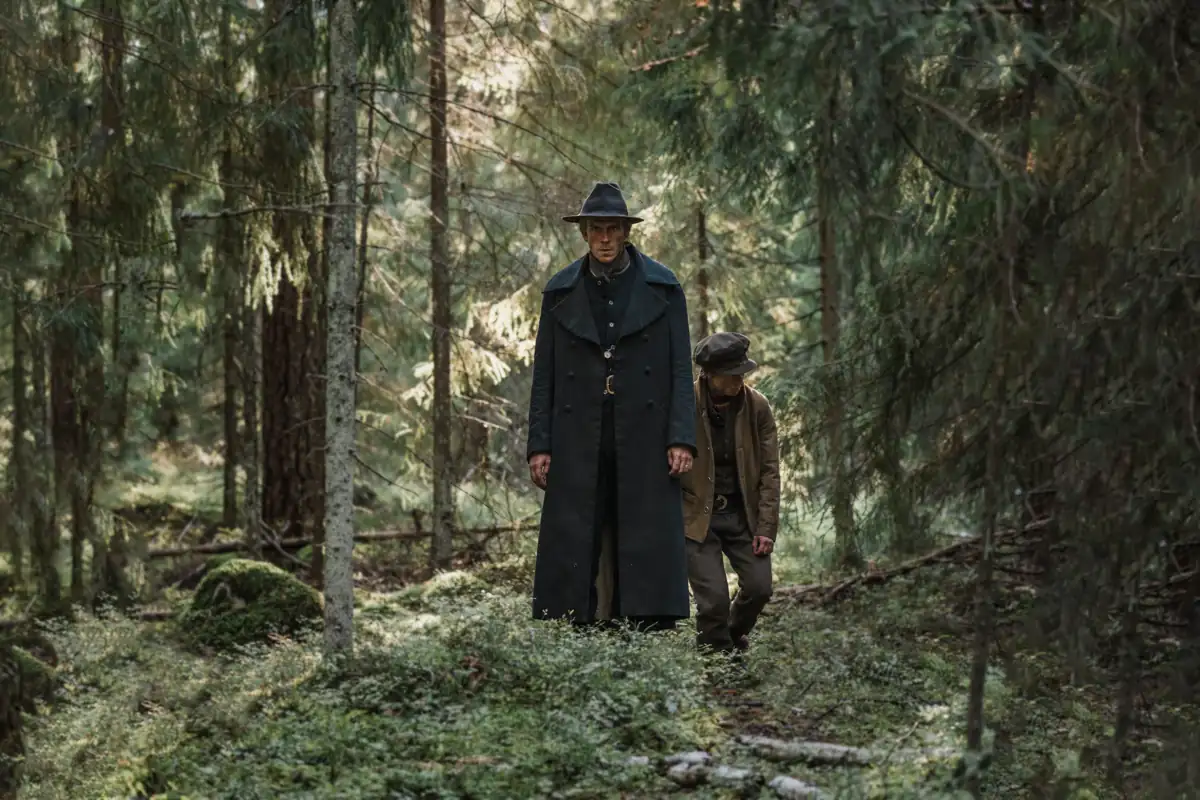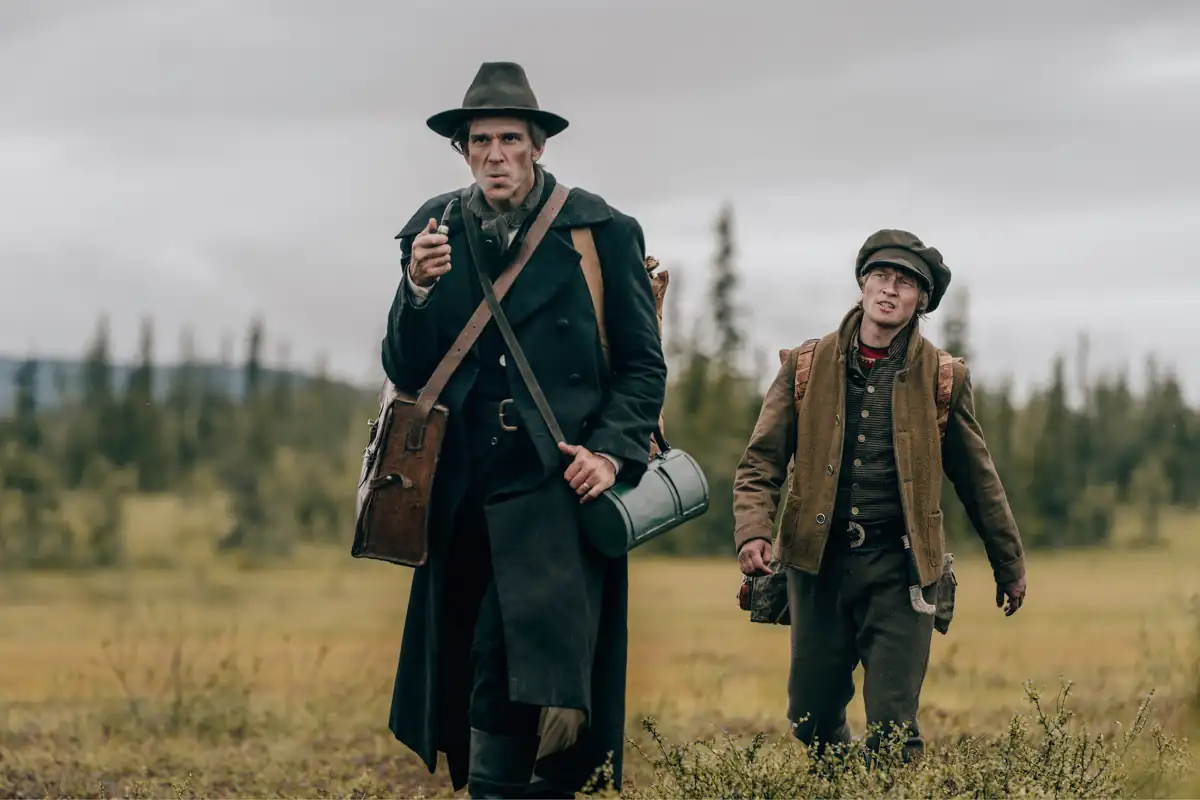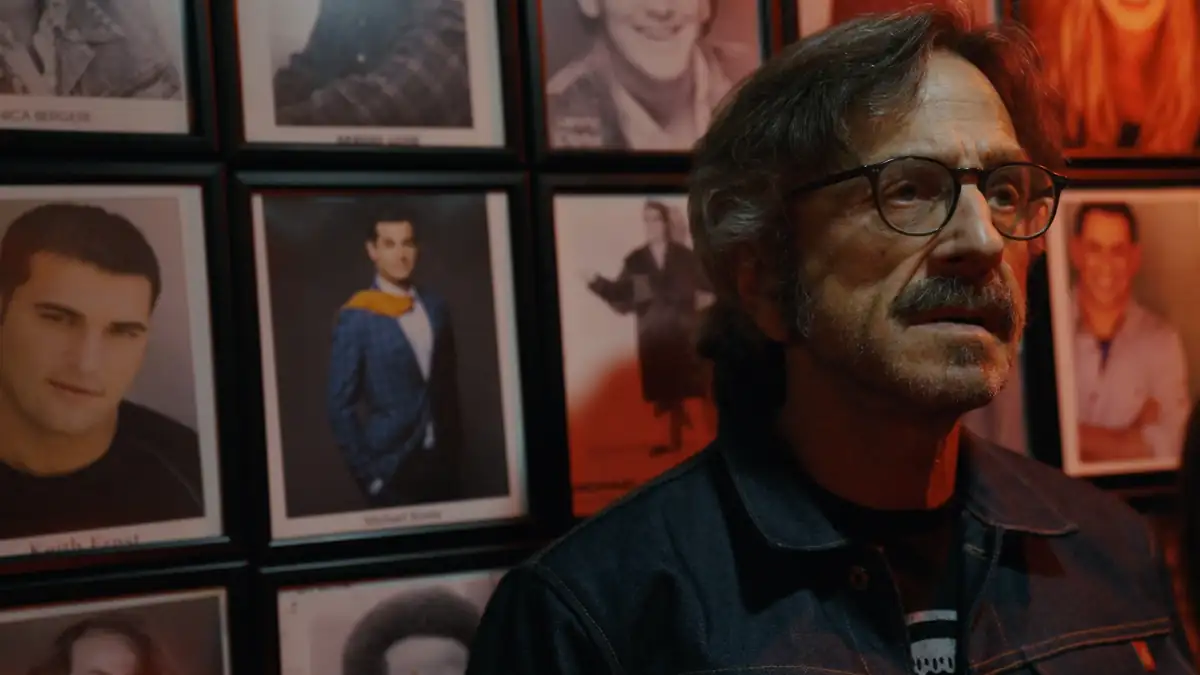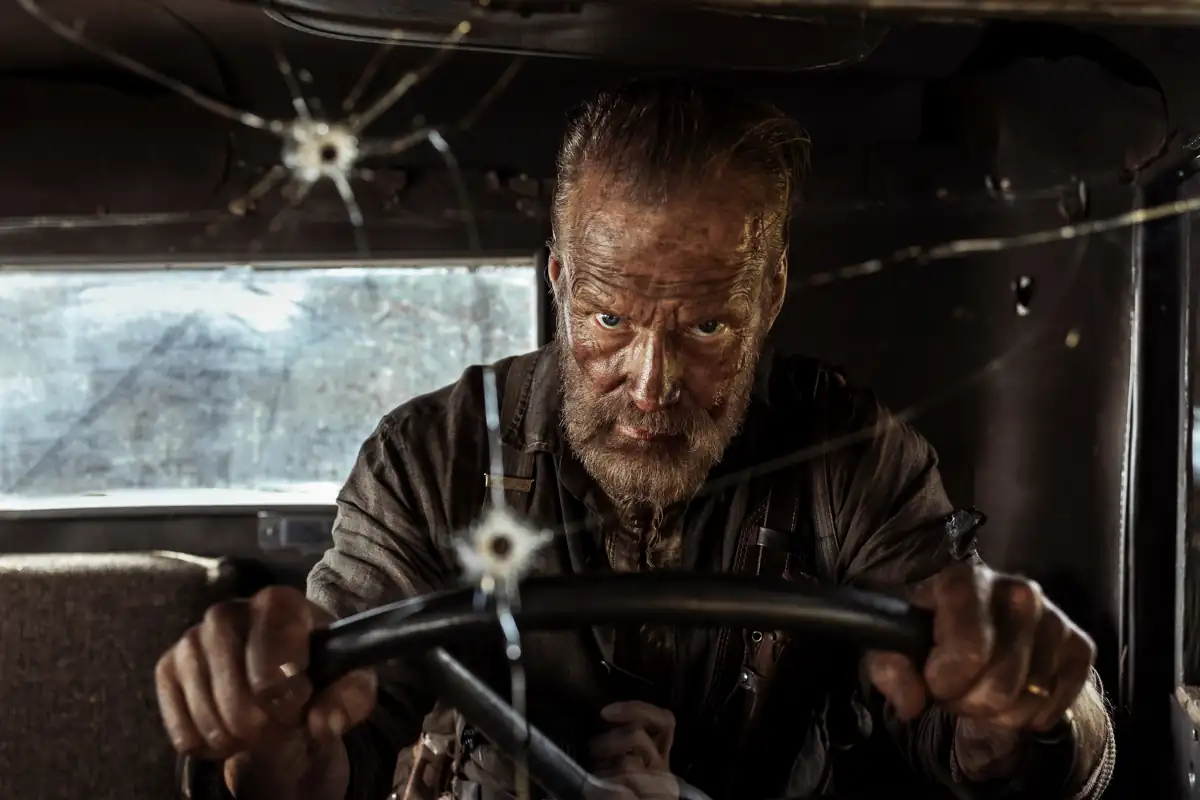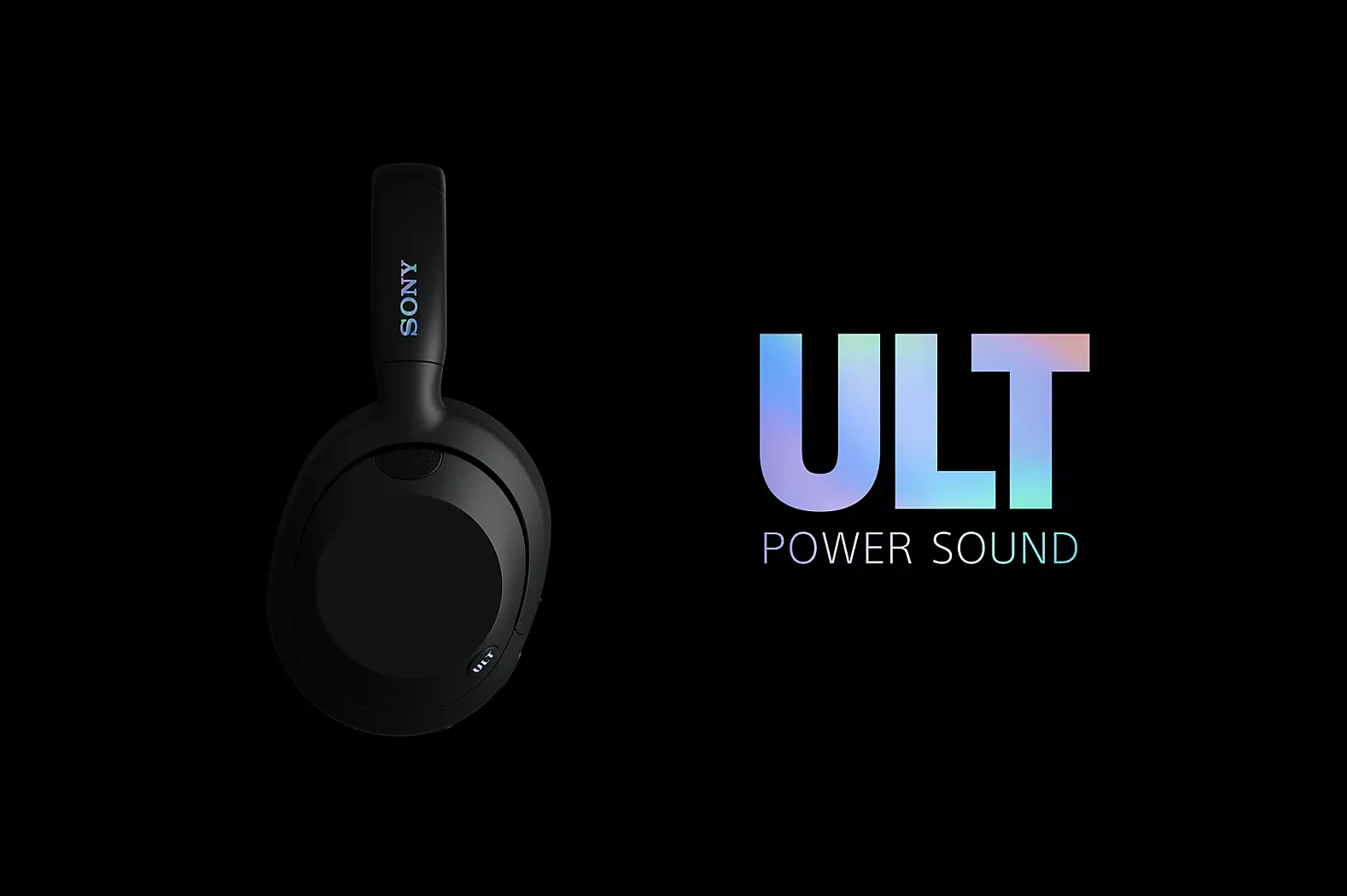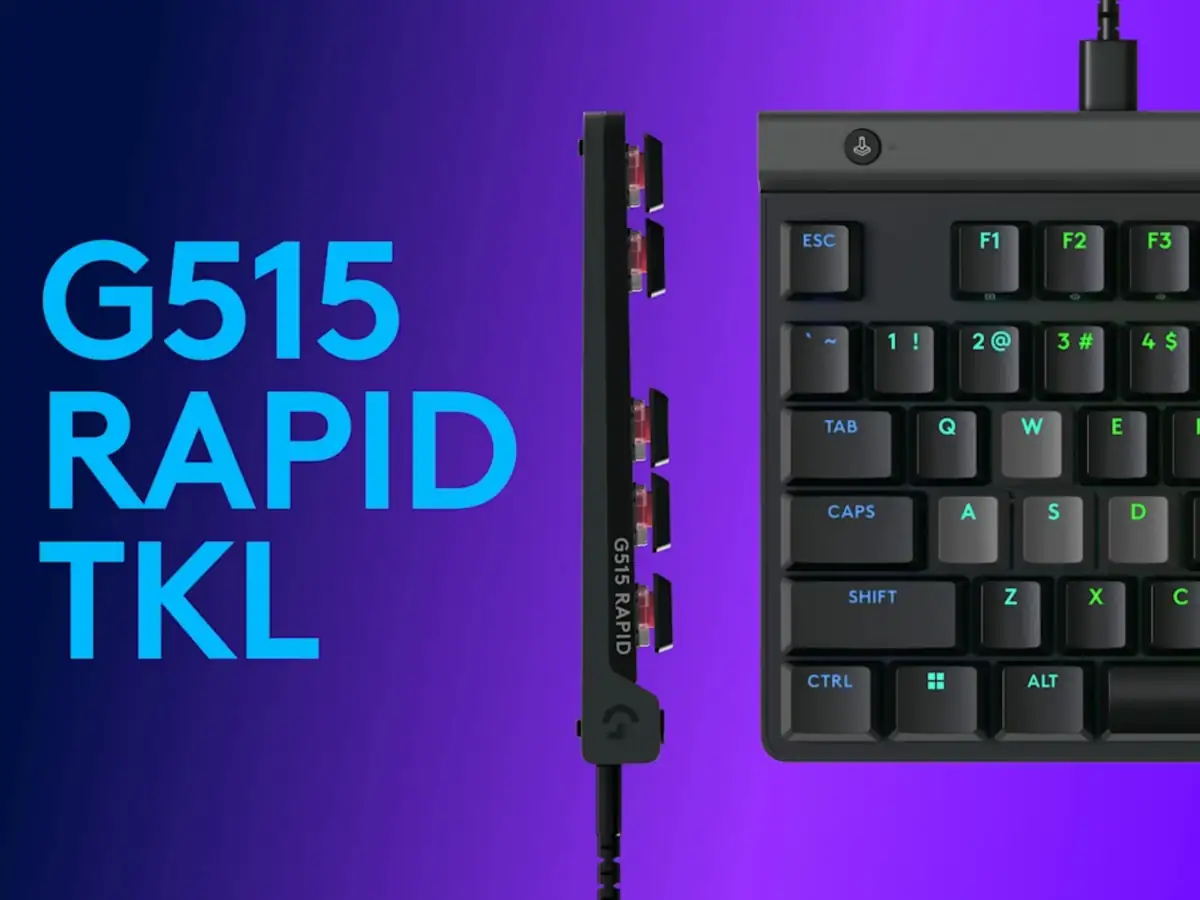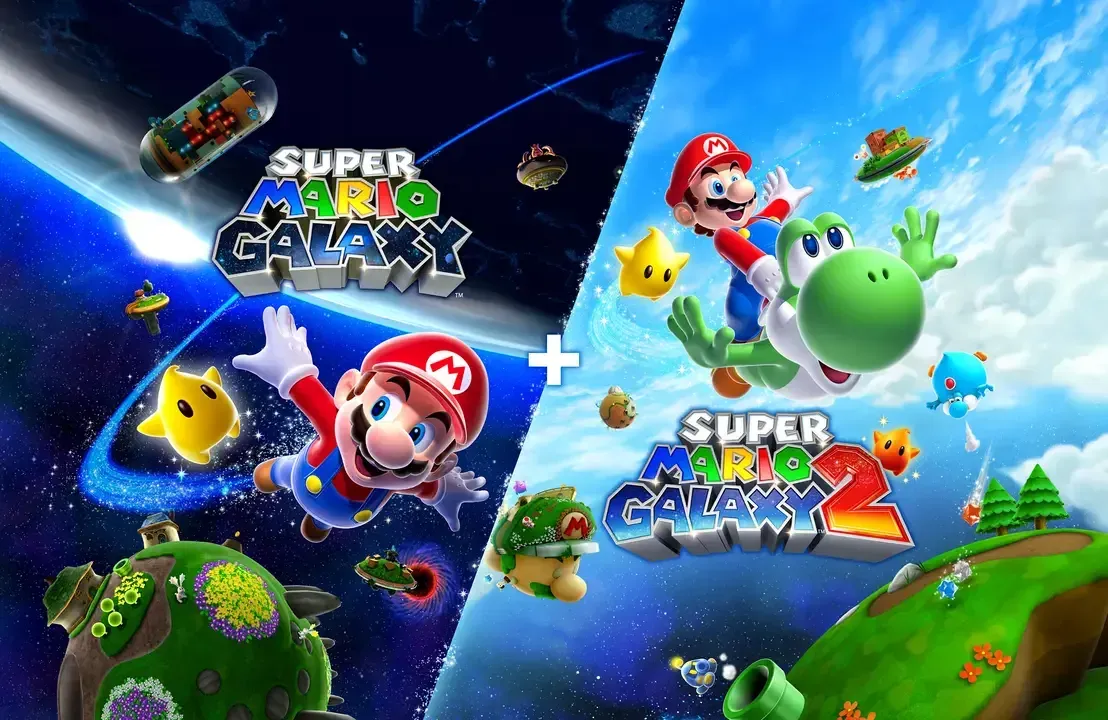PUTTING ON THE RITZ
WE’RE HERE premieres on HBO Nordic April 24. The first three episodes were screened for review.
Before we start, a disclaimer: I intensely dislike reality TV. I am aware, but have not seen a single episode, of RUPAUL’S DRAG RACE. I don’t watch the genre at all. I cannot get into it because I’m inherently distrusting of staged melodrama pretending to be real or revelatory. I know how the sausage is made, having worked behind the scenes on one. If I wanted to watch fiction, I’d watch fiction. For real life, I’ll go with a documentary.
Having said that.
My opinion doesn’t matter. Reality TV is a cultural phenomenon and has been one for 20 years. I might as well shout at a jukebox and complain how loud it is at this point. Just by referencing a jukebox I’m showing how dated I am.
I am out of touch in many places. I’m not afraid to admit that. I’d much rather be honest about those shortcomings and learn something than hold onto this wet noodle called pride and remain ignorant.
It is precisely because I am out of touch that watching a show like this is important. For myself and for others like me.
There is inherent value in shows like DRAG RACE and WE’RE HERE, namely that they normalize LGBTQ+ culture even further, but also because they celebrate self-realization and empowerment. So for all my grumbling, even I will attest that if these shows actually help someone — anyone — they have value.
If you are a fan of the genre and have enjoyed previous makeover, self-help shows like this before, you will undoubtedly love WE’RE HERE. If not, it’s still worth a gander for the peek behind the curtain. You are not going to learn anything new or enlightening, but at least it’ll be flashy and fun.

The idea is simple; bring a show to places where it usually doesn’t go, and hopefully change some hearts and minds along the way. Each episode of WE’RE HERE follows the same format. Bob The Drag Queen, Eureka O’Hara, and Shangela Laquifa Wadley arrive in a small town in full drag, ruffle some feathers, and head out to meet with their future drag daughters. The opening scenarios are mostly the same, with a few locals showing support to the happy cooing of our hosts, followed usually by a pair or two threatening to evict them from the premises. The trio shares a chatty, electric energy, which reminded me of drag classics such as PRISCILLA – QUEEN OF THE DESERT and TO WONG FOO, THANKS FOR EVERYTHING. Shangela especially is like a living musical number, only seconds away from bursting at the seams at any point.
Whenever it’s just them putting on a show, I’m entertained and willing to go along with the whole thing. I can see why they’ve become stars in their own right.
A series or film cannot be criticized for what it should be, only for what it is. But I can’t help but feel that WE’RE HERE misses more opportunities than it utilizes. The idea of bringing drag to small towns in clearly hostile states is a great one, but it’s in service of nothing we don’t know already. People with biases are going to be hostile and biased. Those that are already potential allies will be accepting and excited, others will not.
In the first episode we meet a former anti-LGBTQ+ protester, who now has a change of heart in an attempt to reconnect with family. It’s one of the more affecting and interesting parts of the entire first half of the season. But we don’t learn anything beyond her immediate goal — a saccharine, Hollywood-worthy attempt at winning back hearts and minds with an extravagant drag show. Even that is motivated by loss of familial connection, not by any self-realization that their actions are harming real lives.
Or maybe there is that and we just don’t see it because it didn’t fit the runtime. Maybe the topic is more nuanced than this (it is). But because the format itself requires a snappy pace and brisk, bubbly narration, anything remotely complicated or difficult is ignored. Yet these are real people, or at least these things happen all the time around the world. There’s just something distasteful about presenting such grief and pain as an opportunity for an appearance on a TV show.

The same episode sees a local authority figure (a black CIS man) join the show as a chance to build bridges of understanding. If he doesn’t know how this feels — both literally and metaphorically walking in another person’s shoes — how can he expect the same from others? It’s a touching and heartfelt sentiment, one that gets buried under the euphoria of a well danced show.
But are we here for sincerity, or is it all just for the rush of endorphins? I don’t know. I’m certainly not any wiser after watching WE’RE HERE. I’ve been entertained, I’ve laughed, and I didn’t feel like I wasted my time. For fans of Bob, Eureka, and Shangela, the series delivers everything you could possibly ask for.
I admire its intentions, even as I won’t be rushing to catch further episodes.




